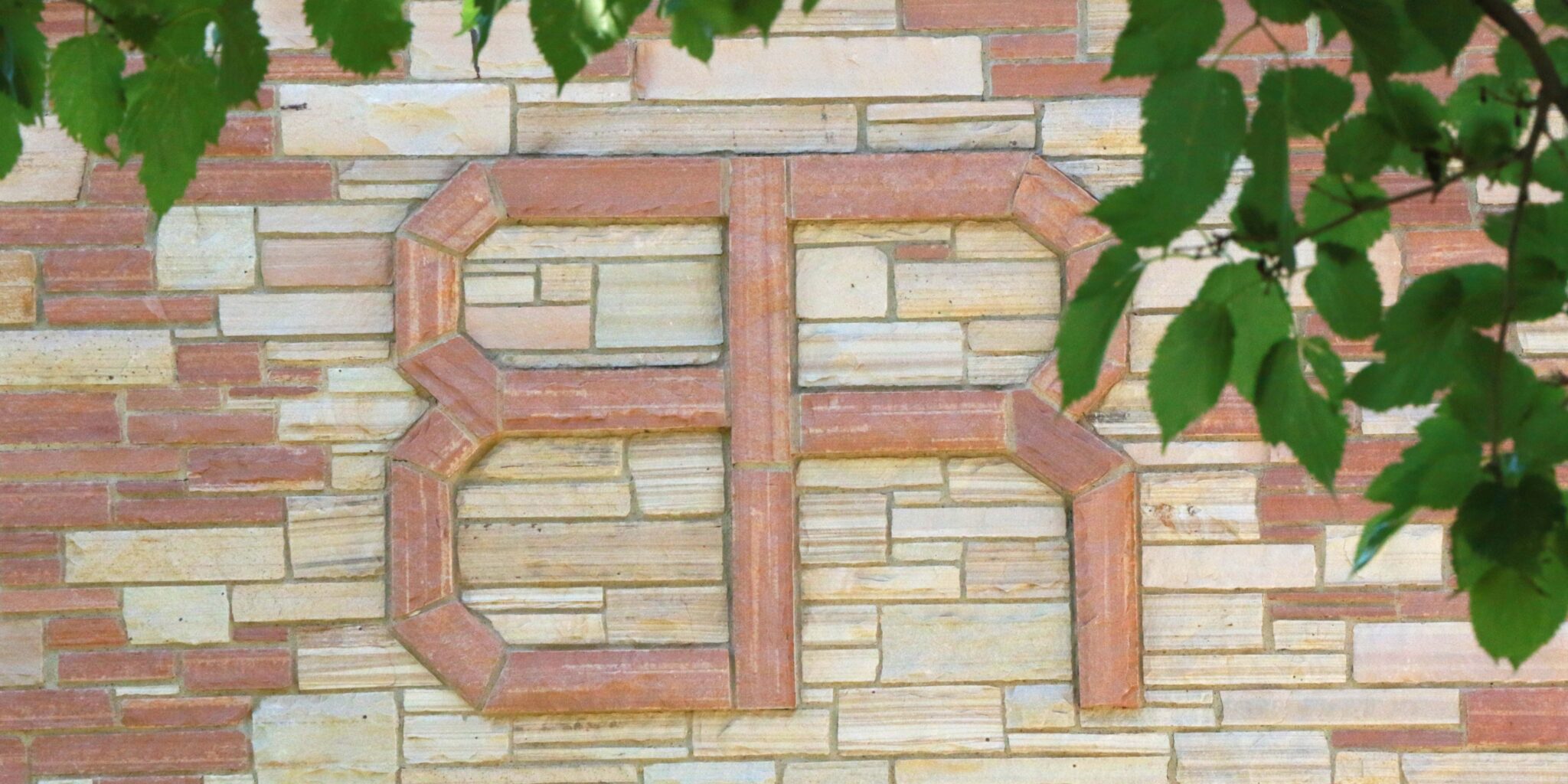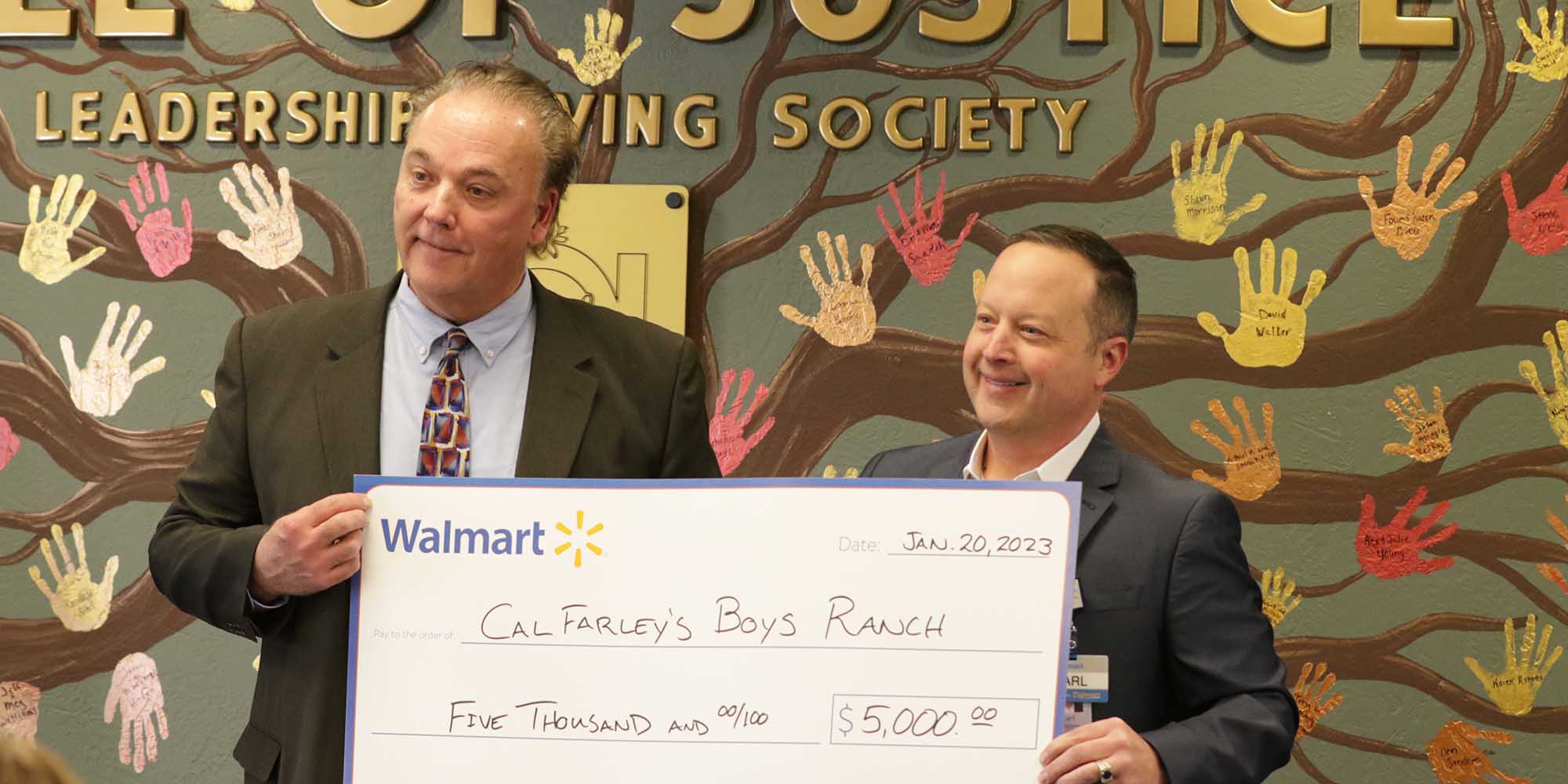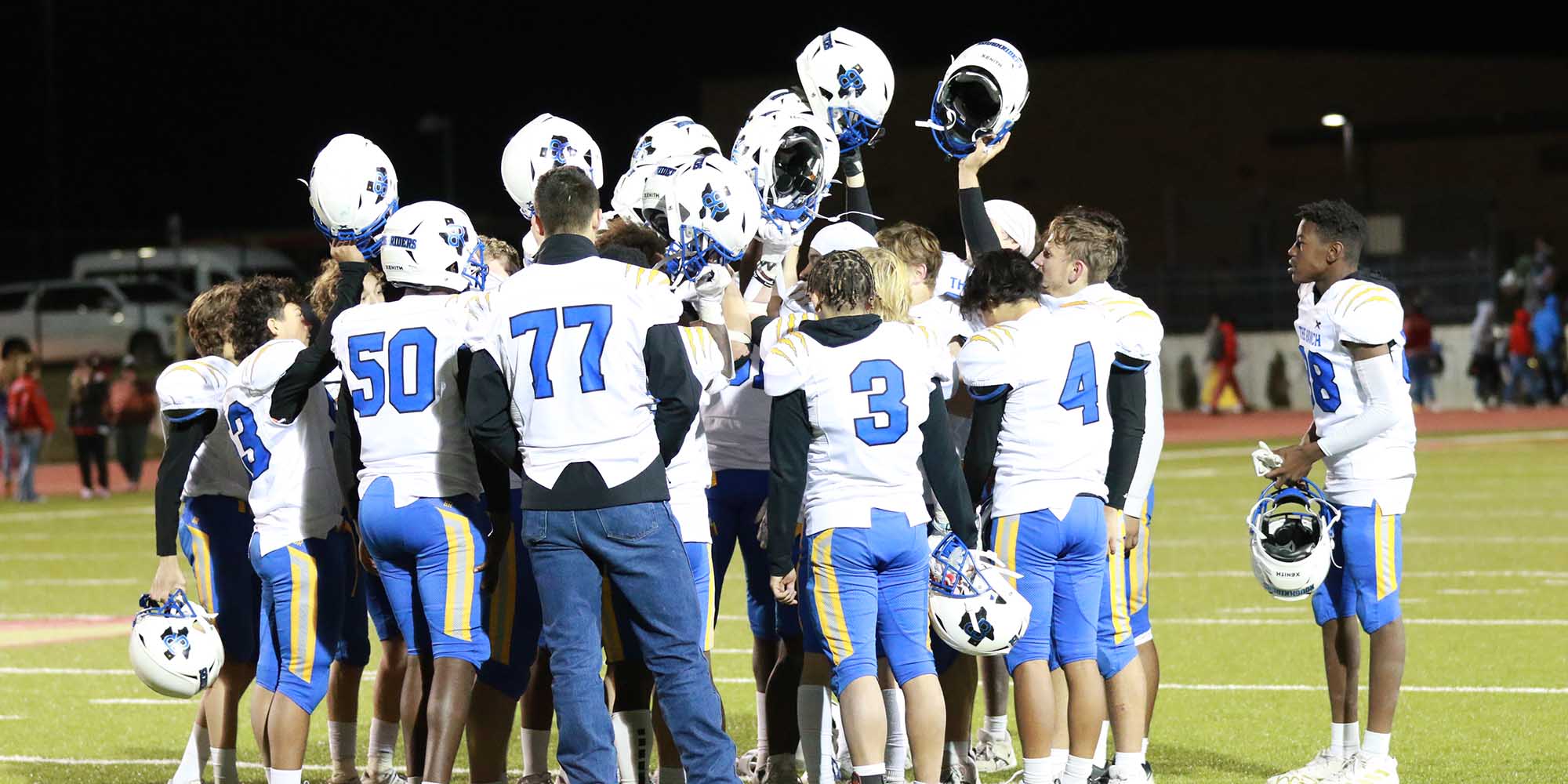'WELL, WHAT NOW?'
After the last graduation cap has been thrown in the air and the exhilaration of the last ceremony is over, reality strikes for many Boys Ranch graduates.
They are now adults, responsible for themselves and finding their own way through life. They must pay for food and rent. They need to provide their own transportation. They need to pay taxes. Most importantly, they need to develop life plans and pursue them.
“When I graduated (in 2015), I remember the next morning sitting on my bed and being like, well, what now?” said Skylar Y. The size of the daunting challenge could easily swamp new graduates, sinking them beneath the weight of expectations for adults.
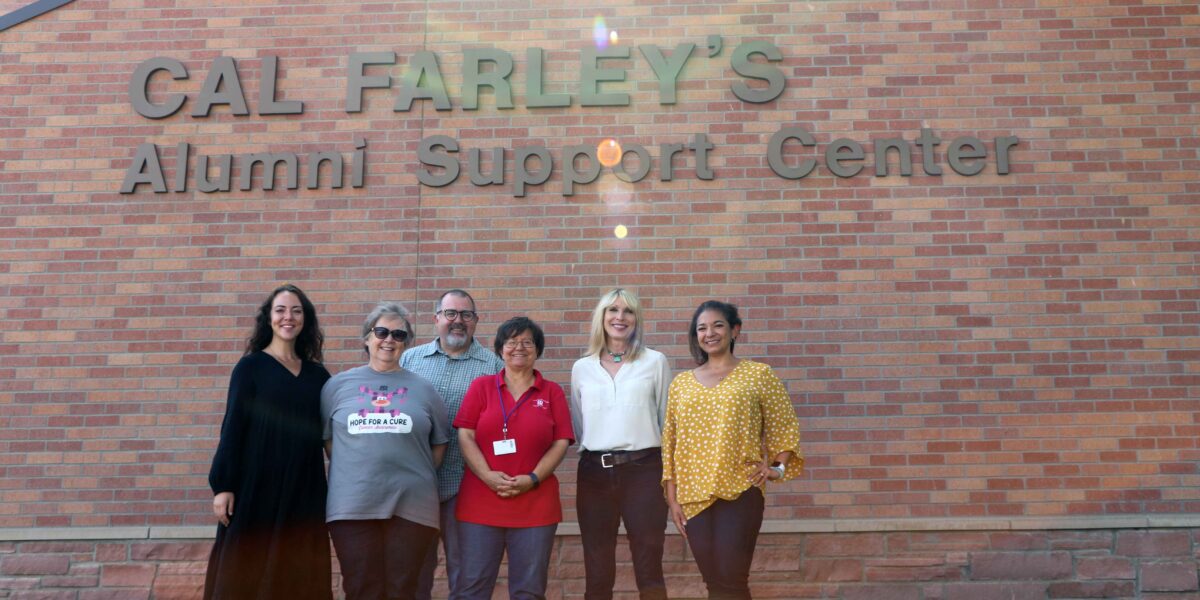
ALUMNI SUPPORT CENTER
About 25 years ago, Boys Ranch recognized the need and moved to fill it through Cal Farley’s Alumni Support Center, a set of apartments in downtown Amarillo, across the street from the administrative building.
That program began in the mid-1990s, said Kim Reeves, administrator of admissions and alumni support services.
“At that time, we didn’t have housing options for the kids,” she said, adding that former residents were calling houseparents or other staff members for assistance when they found themselves in difficult situations. “It became pretty obvious that kids aren’t raised just because they turn 18. There are some real needs that go beyond when they graduate from high school.”
Reeves took her concerns to Boys Ranch President and CEO Dan Adams, who said Reeves could use a building from the 1920s that the organization wasn’t using. Instead of telling an 18-year-old to go to a homeless shelter, Reeves could let that young adult stay in one of the six apartments. That pilot program took off instantly, and the apartments were full all the time.
“(Adams) said, ‘Let’s just take down that old building and make something that fits our needs,’” Reeves remembered. “So that’s what we did.”
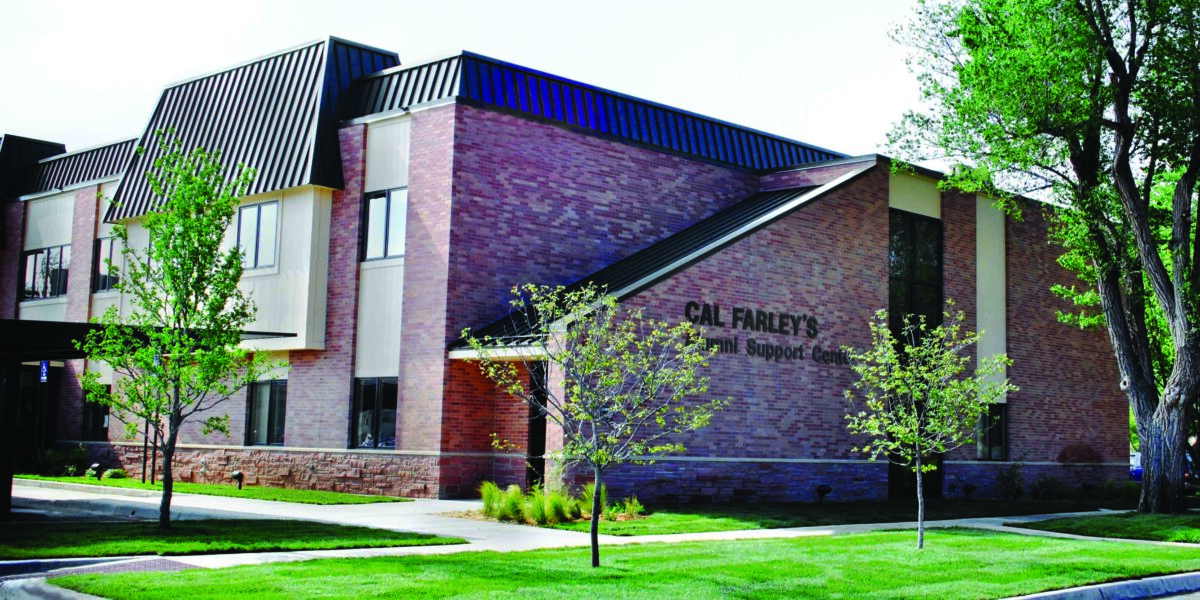
Life doesn’t end when children drive out of the gates at Boys Ranch, Adams said.
“Parents don’t put a time limit on their support of their children, and we don’t put a time limit on our support of Boys Ranch alumni,” Adams said. “In my 40 plus years of childcare experience, I would say this kind of aftercare program is unique to Boys Ranch.”
A HAND OF SUPPORT
Donors saw the need and gave generously to support the building of a safe haven for recent graduates. Cal Farley’s Alumni Support Center opened in 2010 on the site of the old apartment building. It primarily serves 18-24-year-old alumni who don’t have homes to go to, those who need a little bit of extra support to launch successfully into the world.
“We focus on developing independent living skills,” Reeves said. “Apartment residents have a life skills meeting every month, and they all have budgets they’re required to work.”
The life skills meetings focus on topics from car maintenance to finding and keeping a job. In some cases, Boys Ranch graduates have spent years having every minute planned for them. The switch to full freedom can be both liberating – and frightening.
“Living at the apartments really is a softer version of full adulthood that I think a lot of Boys Ranchers need,” Skylar said. “Going from one extreme to the other is really hard.”
Residents must pay rent every month.
“We base that on their budget,” Reeves said. “Once they get a job – and they’re required to let us look at their pay stubs – they start paying $100 a month for rent. Once they’ve had their job for a while, we start having them pay about 30 percent of their pay, because that’s more realistic about what they’re going to face when they leave us.”
All the money paid for “rent” goes into savings accounts while the residents become accustomed to a budget that includes a rent payment. When the residents leave the apartments, they get that money back as a cushion for the future.
“I was there for a little over five years,” Skylar said. “When I left the ranch, I didn’t have a lot of family support here in the area. The Alumni Center really was that for me. Plus, when you’re 18 years old, you’re dumb. It comes with the territory. It was nice to have people to walk with me through those formative years.”
The residents start with a plan.
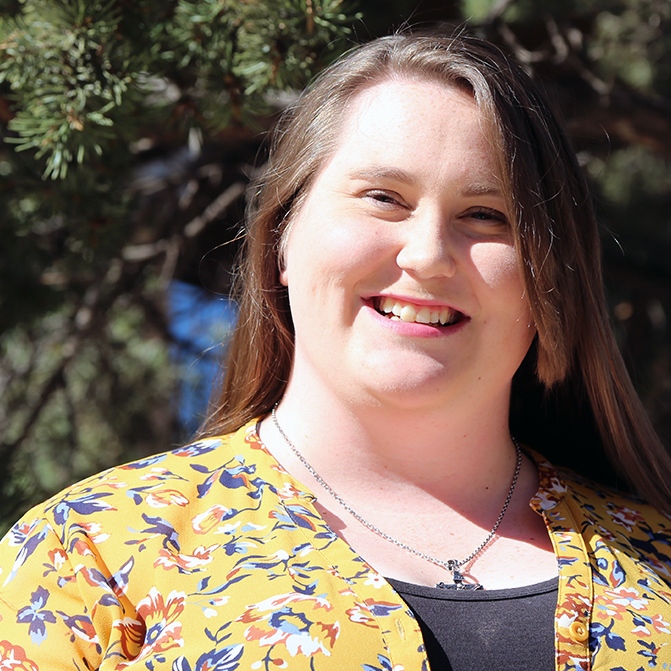
Skylar
“Everybody at the Alumni Support Center has a case manager, and the case managers and residents do a plan of service every 90 days, just to see where the residents are at on their goals and how they’re progressing,” Reeves said.
The residents aren’t supervised all the time – they’re adults who are learning to live on their own. Just as many 18-year olds with supportive families can call home during crises, apartment residents who are sick, frightened or in a crisis are able to call caseworkers and other staff members.
“I can’t tell you how many times I’ve been over there in the middle of the night,” Reeves said.
TRANSITIONAL LIVING
The transition to adulthood starts even before residents leave Boys Ranch. Before graduating, residents learn to drive a car, perform CPR and balance a budget.
Those life skills lessons come from Caitlyn Colbert and Don Hipp. Hipp, a former Boys Ranch resident himself, knows exactly what skills young adults entering the wider world need, and he points out that to rent an apartment requires a credit check, a security deposit, and often a referral or a co-signer. Some 18-year-olds have those advantages; most Boys Ranch graduates don’t.
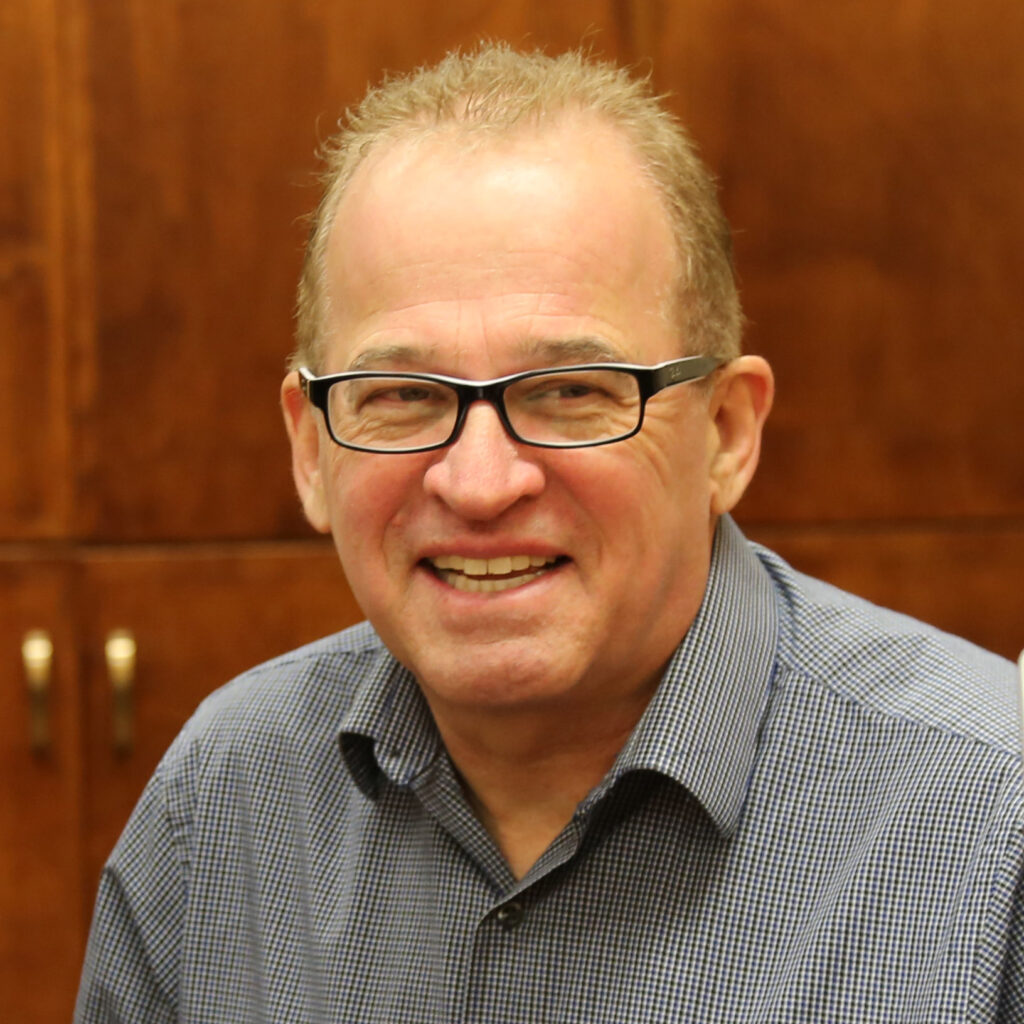
Don Hipp
“Some of them can’t go back home,” Hipp said. “The apartments give them a safety net of support. All those kids need that safety net.”
A “boot camp” for incoming seniors begins the process of learning to live independently, followed by a yearlong emphasis on money management.
“That’s the starting place,” Hipp said, who coaches students through the creation of job plans, living plans, medical plans, insurance plans, transportation plans, educational plans and money plans. “The decisions are hard, but we tell them there are 36 items on the checklist. Thirty-six things to do is not 1,000 (things to do).”
At the apartments, the adulthood lessons continue.
“We really idolize adulthood when we’re residents out on the ranch,” Skylar said. “You think adulthood is when you get to do what you want to do – but it’s super duper not.”
Skylar said when she made mistakes while living at the apartments, she wasn’t criticized for them.
“When I made mistakes and messed up, there were people there who walked with me as I fixed it,” she said. “They gave pointers and resources and advice and walked me through the fallout of decisions I had made.”
Most former Boys Ranch residents spend about two years in the apartments, saving money, buying cars, growing up a little bit and getting guidance from caseworkers.
“We help them every step of the way,” Hipp said. “Our goal is to make sure they’re prepared for life.”
Skylar, now on the verge of college graduation, has this advice for recent graduates living in the Alumni Support Center:
“Really take stock of the fact that the staff are there to walk with you,” she said. “They’re not there to fix your mistakes. They’re not there to make choices for you but to do life with you.”
Adams considers the Alumni Support Center one of the single most important Boys Ranch programs.
Generous Donors
Cal Farley’s Alumni Support Center wouldn’t exist without the generous donors who also believed in helping our young adults take the next step.
Our thanks and the thanks of the Boys Ranch residents go to:
- William H. Gallrein in memory of Eula Cole Gallrein and William H. Gallrein
- Lillian F. Halliday Trust in memory of Mrs. Halliday
- Margarette W. McDaniel in memory of Loyd M. McDaniel and Margarette W. McDaniel
- Mary H. Stiles in memory of Mr. and Mrs. Walter G. Armer
- Murray S. Johnson Estate in memory of Mr. Murray S. Johnson
- Mrs. T.L. Roach Jr. and family
'WRAPAROUND'
“Many of our young people leave Boys Ranch confident and even cocky,” he said. “They have achieved success at the ranch, and they’re rightfully proud of their accomplishments. But it doesn’t take long for them to realize how much things really cost and how little the general public really cares about them. To me, the years between 18 and 24 are crucial in turning teenagers into productive adults. I call those years the ‘wraparound’ years, because we’re wrapping our arms around them even as we’re encouraging them to leave the nest. The Alumni Support Center itself is a statement of our commitment to our youth.”
